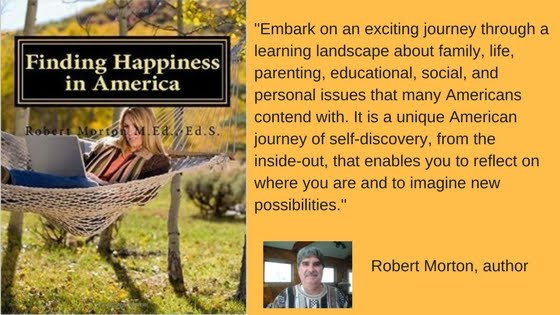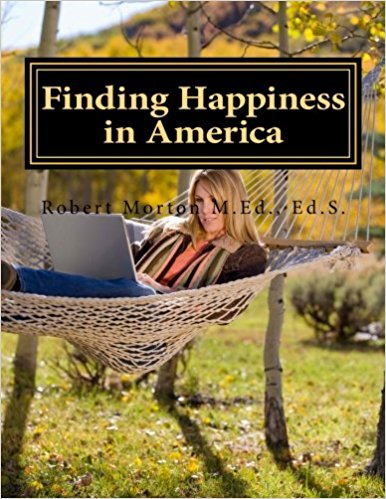Americans,
for the most part, are a friendly people full of compassion for others. With the exception of filling out income tax returns, giving our life story during job
interviews or setting the zero adjust on the bathroom scale, we are basically
on honest lot.
What I like
most about Americans is that they strive to be a moral people who don't merely
aim to be good, but yearn to be good for something. This is why America's laws
are rooted in morality, for our principled citizenry will engage in civil
disobedience if dubious laws interfere with their sense of morals and prevent
them from doing what's right.
I'll never forget a member of my community who formed a local movement called "People for Peace and Justice
Sandusky County." She exemplifies this American moral sense.
She was deeply bothered by the government's use of torture at Guantanamo Bay
Detention Center in Cuba and even though she protested it peacefully, she was
arrested for disorderly conduct. Facing
the Superior Court magistrate in D.C., she simply stated, "We are
representing ourselves to use our voices."
This lady embodies
America's sense of morality. Because of the numerous political, environmental, social/cultural,
religious and financial issues that divide us, maybe we should individually ask
ourselves “moral fiber” questions. Do you really know what you want in life? Do
you ever think about the contributions you desire to make in the world...the honorable
or righteous goals you would like to achieve? What do you like and dislike?
Your answers don't have to be grandiose; simply focus
on what‘s truly ethically significant
to you.
So, how can
we find our moral compass that's uniquely American? Try this activity from my
book Finding Happiness in America- it's called "Happy 88th
birthday!" Think about the qualities which you admire and either have or
yearn to strive for, then pretend it’s your 88th birthday. You are
living in a nursing home and spend the time recollecting every meaningful
person throughout your life and the role you played with them. Your roles with
them may have been father, mother, daughter, son, brother, sister, aunt, uncle,
teacher, student, manager, co-worker, child, community servant, neighbor,
grandmother, grandfather, in-law, relative, niece, nephew or cousin.
Suddenly,
they all visit at once to give you a surprise birthday party! Now, think about
what each of these people would say about you or, better yet, what you would
like them to say. Spend some time doing this.
Next, switch
back to the "here and now" and do some soul-searching. Ask yourself what
differences have you made or could you make in their lives? What outstanding
contributions and commitments can you make now that they won't forget and will
still remember when your age 88? Think about the person you’d like to become
and the legacy you'd like to leave behind.
In the "Finding Happiness" process, I encourage you to imagine yourself not as you are, but
as the person you’d like to become. Since we all become what we think about, you
will gradually become that person. Begin the journey now, and remember, you can always contact me on the Secure Contact Form for questions on going through it.
Robert Morton, M.Ed., Ed.S. has retired from his
positions as school psychologist and adjunct professor
in the School of Leadership & Policy Studies at Bowling Green State
University. He authors the book, "Finding Happiness in America".(Click HERE for Kindle edition).




